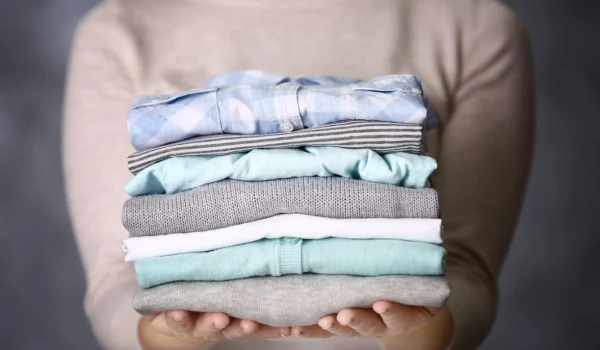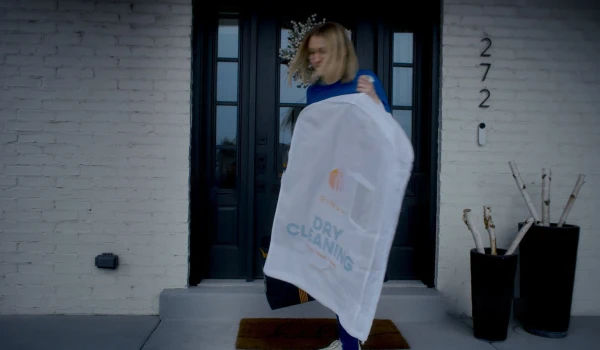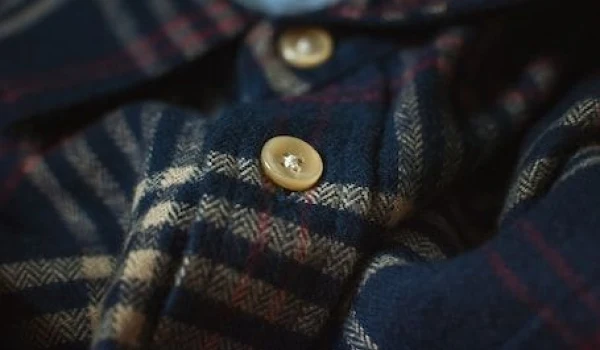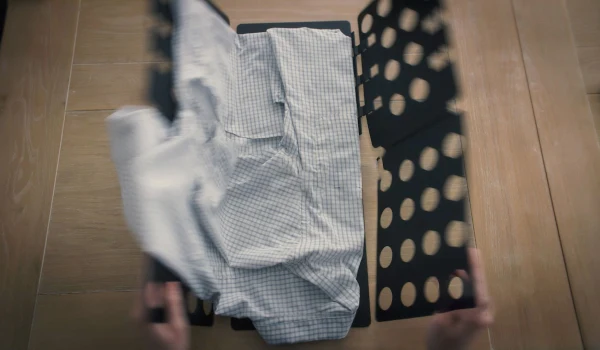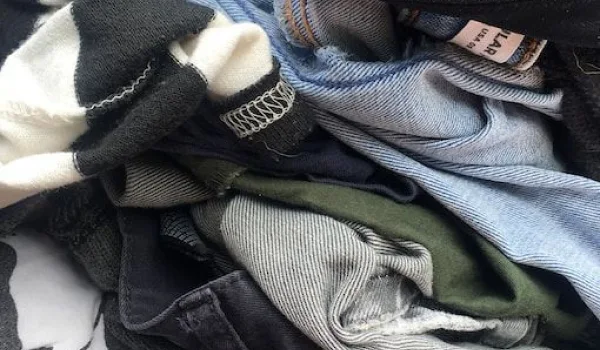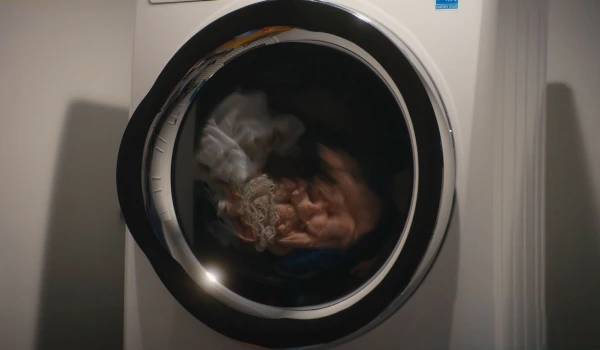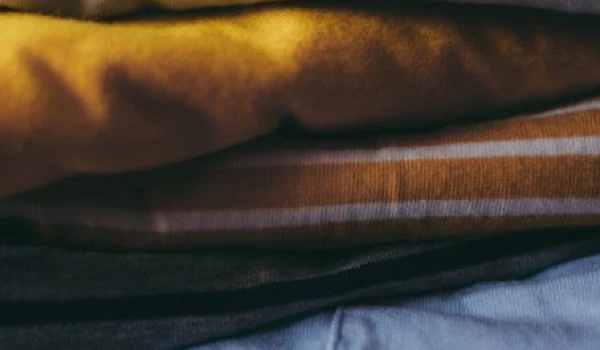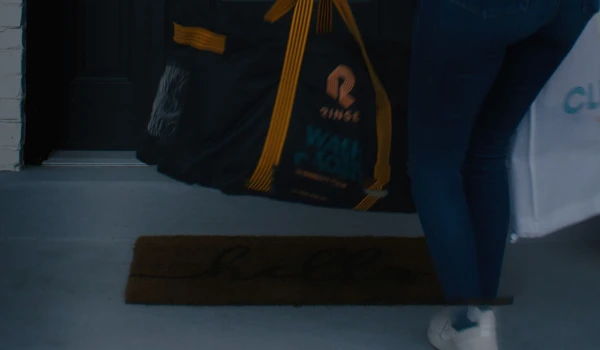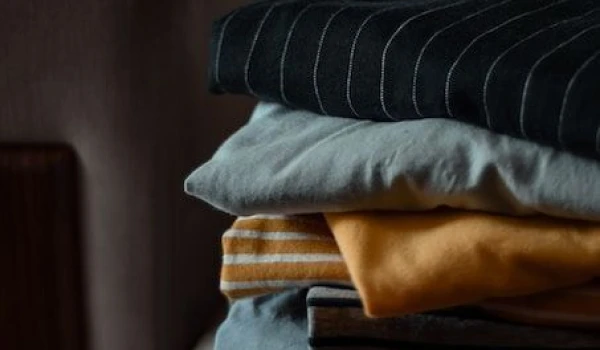Introduction
Whether you have sensitive skin or are conscious of the environmental impact of your laundry routine, familiarity with detergent safety is a must.
Which type of laundry detergent is the safest: powder, pod, or liquid? Is laundry soap better than detergent? How does chlorine bleach rank on the safety scale?
Below, we discuss everything from the selection of the best laundry detergent to the handling and storage of these cleaning agents. We also share some laundry safety tips to help you avoid accidents and chemical exposure.
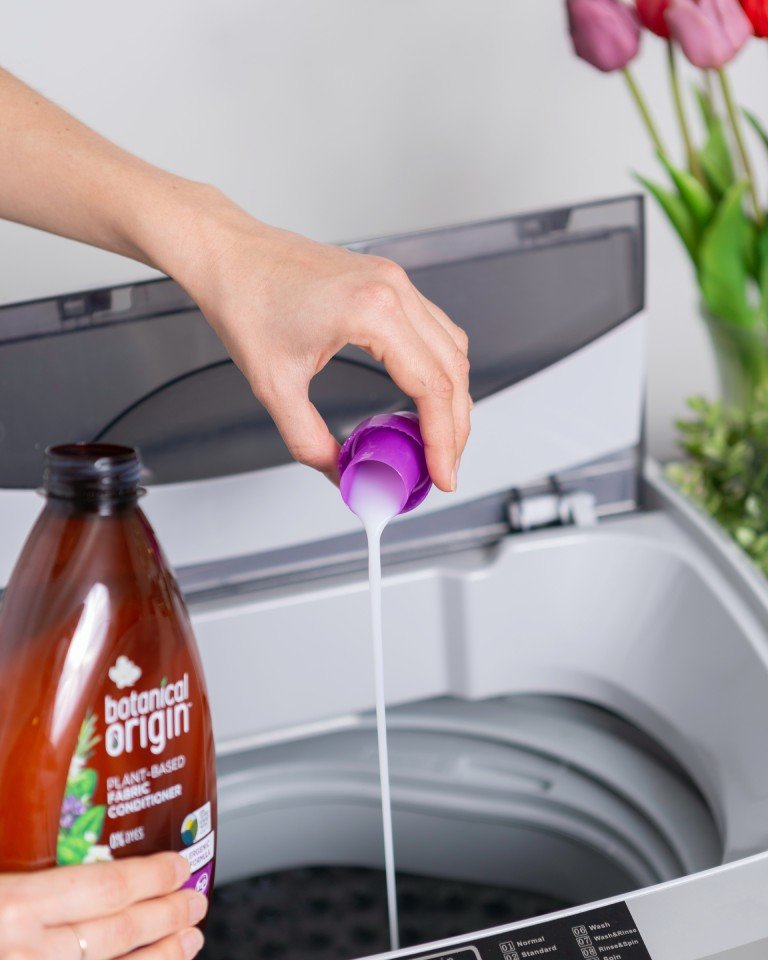
The Importance of Laundry Room And Detergent Safety
We'll start with laundry room safety first. The laundry room should be off-limits for children, especially those who are at an age where they're curious about everything and are likely to taste whatever they get their hands on.
Experts at the University of Iowa Stead Family Children's Hospital say that parents should keep laundry pods out of reach of their children and store them in a locked cabinet.
A laundry pod attracts young kids because of its colorful appearance and texture. However, it's very dangerous when ingested. The constituents of a laundry detergent pod can cause chemical burns to the mouth, esophagus, and eyes.
Here are some other laundry room safety tips:
-
Do not mix laundry detergent with household cleaners or ammonia. The mixture could release dangerous fumes and result in breathing problems.
-
Do not reuse containers of laundry detergents or bleach. Discard these containers after you use the cleaning product.
-
Clean all spills and drips of detergents or bleach immediately.
-
Keep the laundry room locked so that kids can't access it.
-
Keep spray bottles on top shelves or in locked cabinets.
-
Replace loose caps or nozzles to prevent spills and leaks.
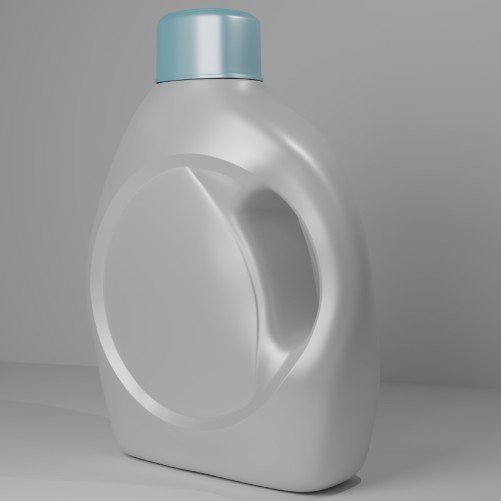
10 Detergent and Laundry Safety Tips
Laundry products contain all sorts of harmful chemicals, such as phthalates, ammonia, and dyes. While some may be hypoallergenic, others can have an irritant effect upon exposure. Follow these safety tips to minimize the risk of these side effects:
Follow the Instructions
Use this advice for everything in life. Always read the instructions before using any laundry product, including detergent pods. The label should tell you how to handle the product safely.
For instance, if you use a powder detergent, it might come with a warning not to mix it with bleach or any other cleaning product. The instructions might also tell you to use gloves or a mask while handling the product.
Dispose Properly
When a laundry detergent container is empty, don't refill it with any other cleaning product. Instead, rinse it with water and put the cap back on. Dispose of it properly, following local regulations.
Store Detergents Safely
By proper storage, we mean safe storage. Do not leave detergent bottles out in the open, where they can be easily reached by kids or anyone who might ingest them.
Use a high shelf to keep all your laundry products, especially if you have children or pets in the household. Alternatively, put everything in a storage cabinet with a lock on it.
Use a Natural Laundry Detergent
Nowadays, many people are opting for natural cleaning products because they're worried about commercial products containing carcinogen components. A natural laundry detergent is a biodegradable and eco-friendly alternative that can be just as effective as regular laundry detergent.
It is free of chemicals like sulfates and phosphates. Plus, it does not have a fragrance. ECOS is a good example of a natural laundry detergent. You can also use the laundry detergent sheet from Earth Breeze. A laundry sheet works just like a regular detergent, but it dissolves in water and does not contain plastic packaging.
If you want to check the eco-friendliness of a laundry detergent, go to the Environmental Working Group (EWG) website. Here, you can find the rating of thousands of products, including dishwashing solutions, floor care, air fresheners, laundry products, etc.
Use the Right Amount
Using less detergent, fabric softener, or stain remover than needed usually translates to clothes coming out of the washer still stained. To fix that, you'll have to run another cycle. That's wasteful.
Similarly, if you use too much of a product, you risk leaving residue and suds on your clothes. Besides making your clothes look dingy, it can also irritate your skin.
Instead, use the right amount of detergent by following the instructions on the product label for the proper dosage. If your clothes are heavily soiled, you may need to use a little more detergent. But in most cases, using the recommended amount should suffice.
Use Gloves If Required
Wear gloves if you're using a heavy-duty detergent or bleach. The chemicals in these products can be harsh on your skin, causing irritation and dryness.
You should also wear gloves during laundry if you have a wound or cuts on your hands. The chemicals can irritate the wound or even worsen it.
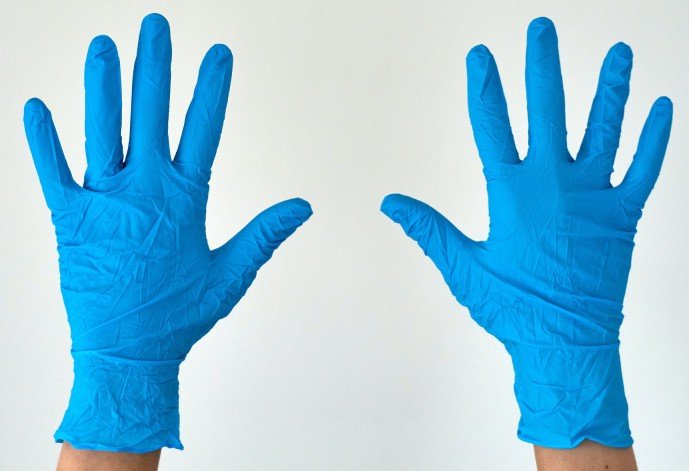
Handle Laundry Products with Dry Hands
Wet hands provide laundry products with a solvent to dissolve in. You don't want your hands to be all soapy, do you? So, make sure your hands are completely dry before handling laundry products, especially laundry detergent powder.
Use Natural Cleaning Remedies
Sometimes, you have stubborn stains like those of makeup or grease. Instead of wasting half a bottle of liquid laundry detergent on it, opt for natural remedies.
Vinegar is a good option. Use a mixture of vinegar diluted with water to spot treat a stain. Leave it for about 10 minutes before washing the garment.
You can also use baking soda and hydrogen peroxide to make a paste and apply it to the stained area. Let it sit for a few minutes before washing.
Rubbing alcohol can also be a good alternative to a commercial stain remover. You can use it to remove lipstick stains. Liquid dish soap can cut through oil and grease stains.
Clean Up Spills
Even if it's a clean laundry detergent, do not leave it on the floor. If you spill any of it, clean it up immediately.
Sometimes, it's not the harmful chemicals that are the issue but the slipping hazard. Similarly, your four-legged buddy might start exploring the spill and lick it, which could be harmful to them.
Vacuum any powder spills and wipe up any liquid spills with a damp cloth. Dispose of the used paper towel or cloth properly.
Don't Overcrowd Your Washing Machine
Some of us like to put all our supplies on top of the washing machine. From brighteners and fabric softeners to laundry detergents and stain removers, we have it all there.
It might seem convenient at first, but this setup increases the risk of spills and accidents. Instead, prop up a shelf to hold your supplies. Or, get some cute baskets from the dollar store to keep your laundry essentials organized and easily accessible.
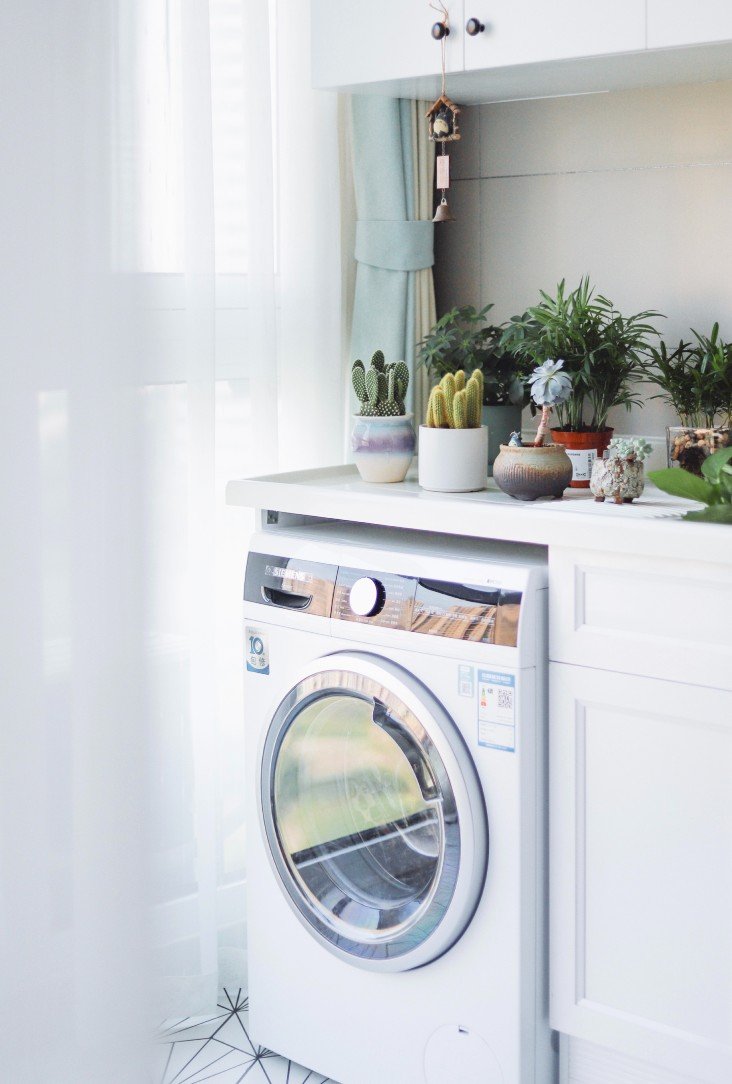
Keeping It Safe With Rinse
Sometimes, homes with children can be a handful. In such cases, it's not always possible to do laundry safely. Maybe your toddler is in their Dora the Explorer era. Or it's the end of the quarter week at work, and you're bombarded with deadlines.
Whatever the reason may be, outsourcing laundry in such situations is a form of self-care. At Rinse, we're all about helping you indulge in some self-care and make your life easier.
Taking laundry off your hands is just the first thing we do. Next, we also remove the hassle of bringing the laundry to us. Just go on our app or website or drop us a text, and we'll pick up your laundry from the comfort of your home.
Once we've taken care of your clothes, our experts will carefully sort, wash, and fold them to perfection. And don't worry about any spills or stains – we'll sort those out, too.
Even better, we offer dry cleaning services because we understand not all clothes can be washed.
Contact us at Rinse today to see our skill in action.



